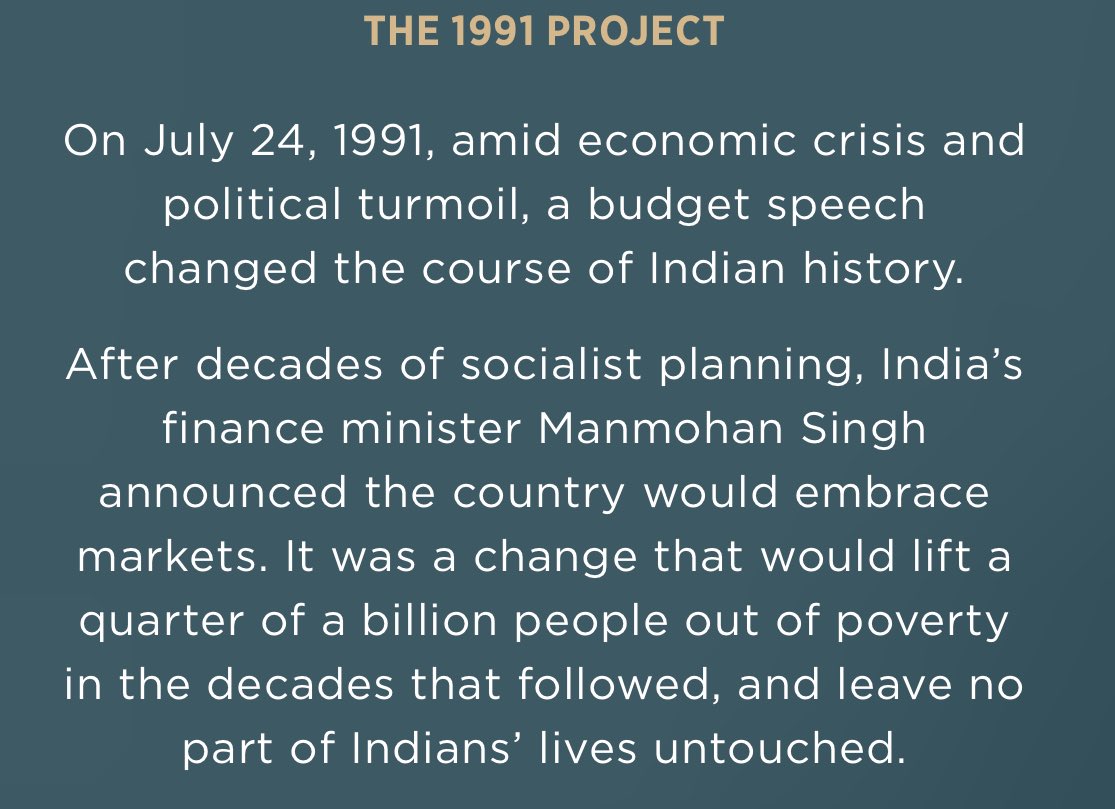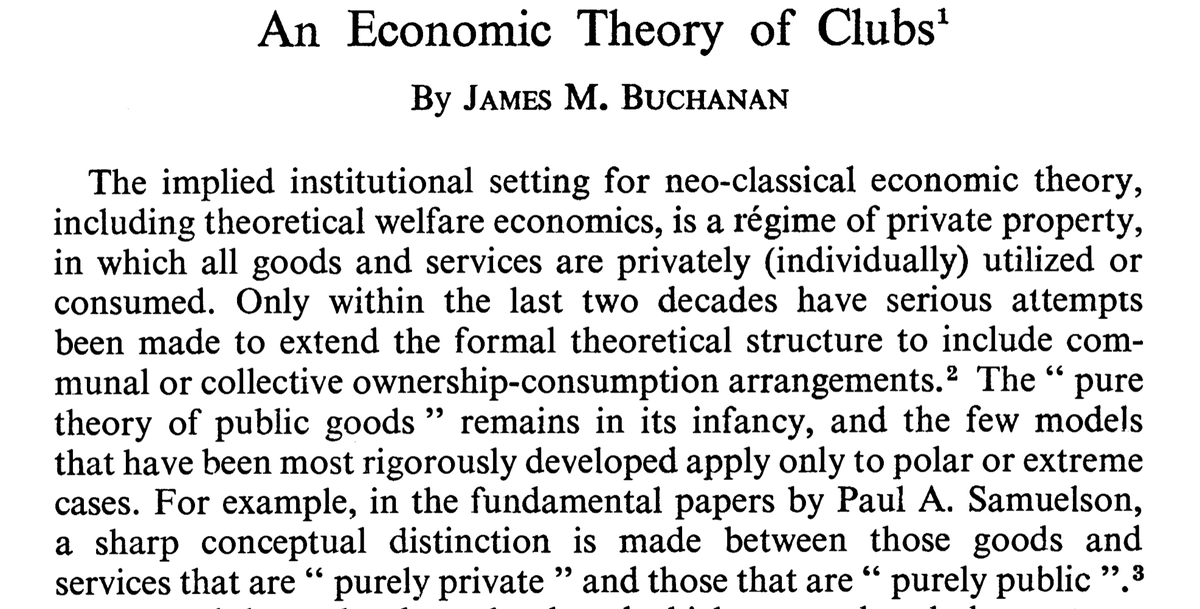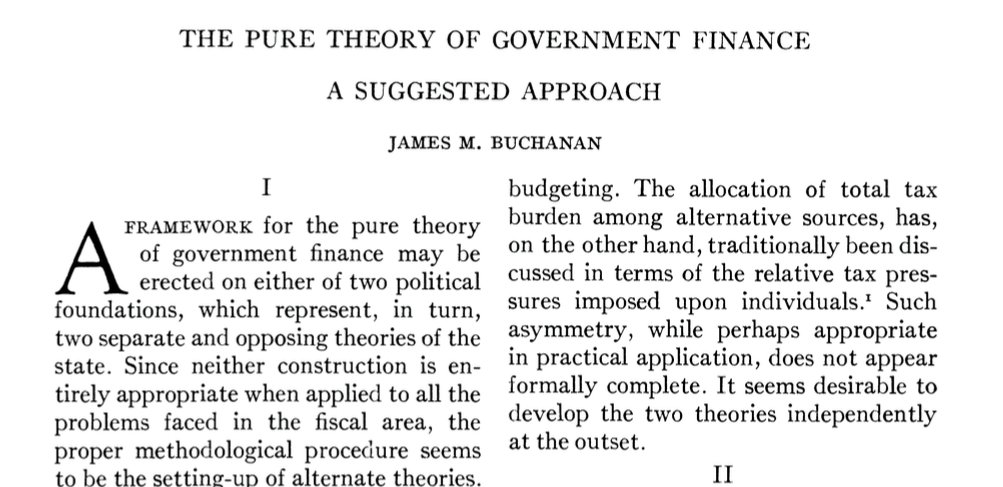
On 5th #GSTDay, I argue that in trying to make GST more equitable through multiple rates, GST has become more complex and less equitable because of regressive nature of compliance costs.
My paper (forthcoming in Social Philosophy & Policy). shrutiraj.com/wp-content/upl…
Here's why 👇
My paper (forthcoming in Social Philosophy & Policy). shrutiraj.com/wp-content/upl…
Here's why 👇
GST was marketed as a tax system that:
✅ Is easy to comply with as it subsumes multiple taxes into one tax
✅ Will unify the state tax system and convert India into a single free trade zone
✅ Has the potential to reduce corruption and tax evasion 2/n
✅ Is easy to comply with as it subsumes multiple taxes into one tax
✅ Will unify the state tax system and convert India into a single free trade zone
✅ Has the potential to reduce corruption and tax evasion 2/n
But getting all states and political parties to agree on this reform meant building consensus on the actual rate/rates. Various experts came up with different rates for a single GST. 3/n
The main challenge in having a single GST rate across all goods & services was perceptions of equity. The idea that a country with predominantly poor people would pay the same rate for their bread as the rich for their Mercedes, was politically and publicly untenable. 4/n
And, the process of building consensus among states & industries on the GST reform led to a proliferation of rates. And, in using GST to nudge behavioral changes by taxing 'sin' goods like tobacco more & “green” goods favorably, the number of rates increased. 5/n
Consequently, India now has eight different GST rates – 0%, 0.25%, 1.5%, 3%, 5%, 12%, 18%, and 28% and 21 different cesses in addition to GST. It is neither a good, nor simple tax system. And worse still, the rate proliferation has turned GST into a regressive tax system. 6/n
In the first four years of GST implementation, the Union government issued 28 notifications, announcing a rate change for 500 goods and services categories. And hundreds of notifications by state councils. 7/n
Under GST, each taxpayer needs to:
✅ Figure out the classification & rates applicable to their good or service.
✅ Understand the classification and the rates applicable to their inputs
✅ File returns and pay taxes through a complex GSTN system.
8/n
✅ Figure out the classification & rates applicable to their good or service.
✅ Understand the classification and the rates applicable to their inputs
✅ File returns and pay taxes through a complex GSTN system.
8/n
Each of these tasks is so complicated and costly under the present regime, that small firms and individual proprietors need to devote a significant proportion of their resources to understand and comply with the dozens of filings required by the GST system. 9/n
In this sense, a complicated tax system is regressive because it forces the poor to spend a greater proportion of their earnings on compliance burden imposed by the tax. 10/n
A complex system is also more prone to interest group capture. For e.g, Parle-G biscuits, widely consumed by the urban poor, is taxed at 18% but gold jewelry is taxed at only 3%. This is a single example of well-organized industries getting special rates from the government. 11/n
Monopolistic and oligopolistic industries are better organized and can better lobby their cause. As expected, larger firms benefit more from a proliferation of rates, and are able to get their goods and services included in lower rates (see appendix of the paper). 12/n
On the other hand smaller and more competitive firms and competitive industries will face higher costs for collective action and lobbying. And it is easier to impose higher rates on the more competitive, especially small firms in the informal sector of the economy. 13/n
And if the government favors some sectors but wants to remain revenue neutral, it will increase taxes imposed on other sectors, typically those which are unorganized and have a large number of small competitive firms, that are unable to get the reduced/favorable tax rates. 14/n
So, counterintuitively, for a more equitable system, a single GST rate is better. It will: (1) reduce the cost of compliance; (2) prevent interest group capture; and (3) not distort markets by favoring less competitive industries. 15/n
All Indians have observed a Costly and Regressive #GST Day, year and half decade.
To learn more: full paper (forthcoming in Social Philosophy & Policy) here
shrutiraj.com/wp-content/upl…
16/n
To learn more: full paper (forthcoming in Social Philosophy & Policy) here
shrutiraj.com/wp-content/upl…
16/n
• • •
Missing some Tweet in this thread? You can try to
force a refresh









